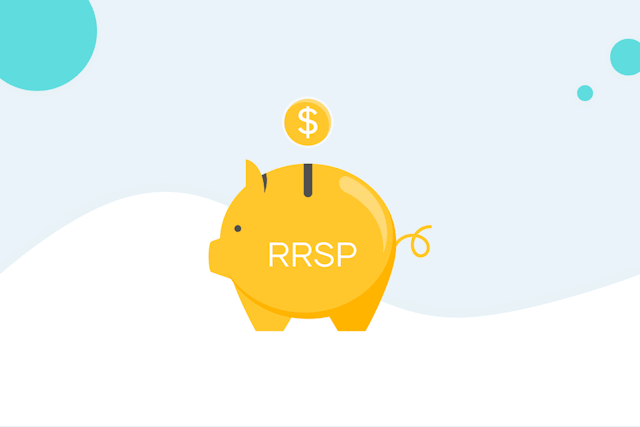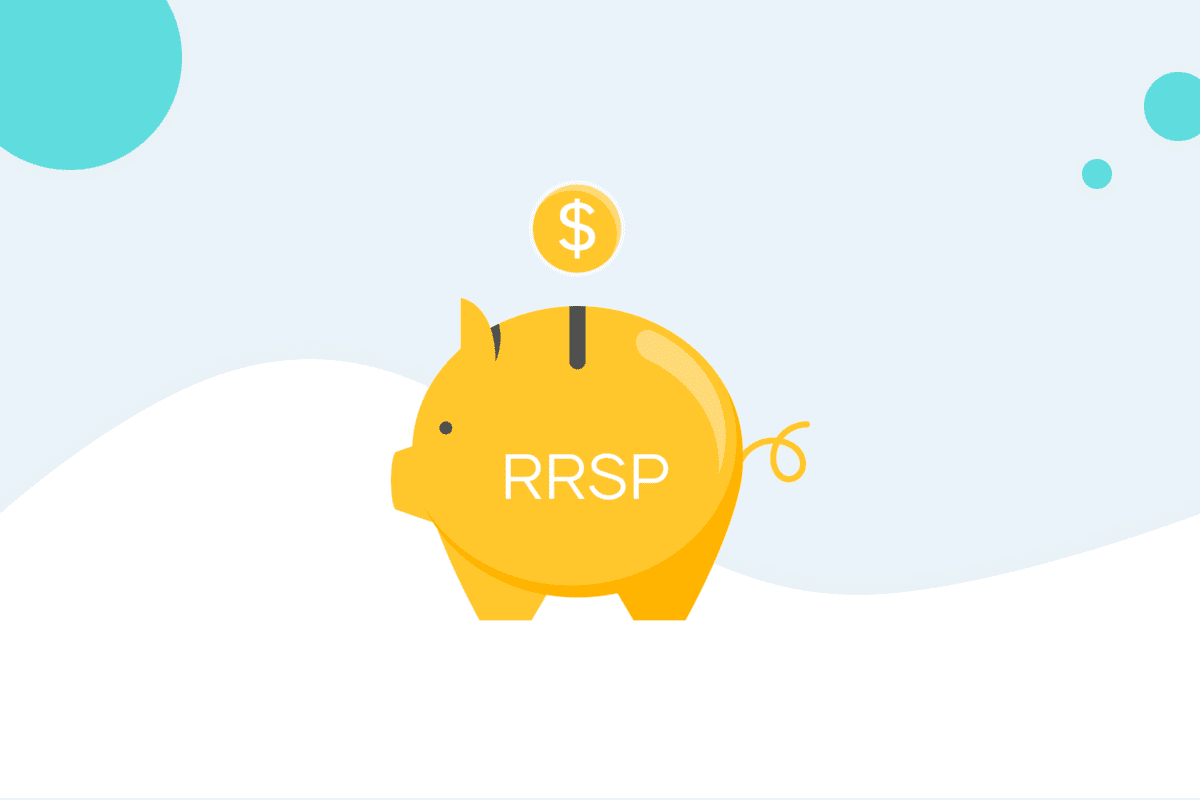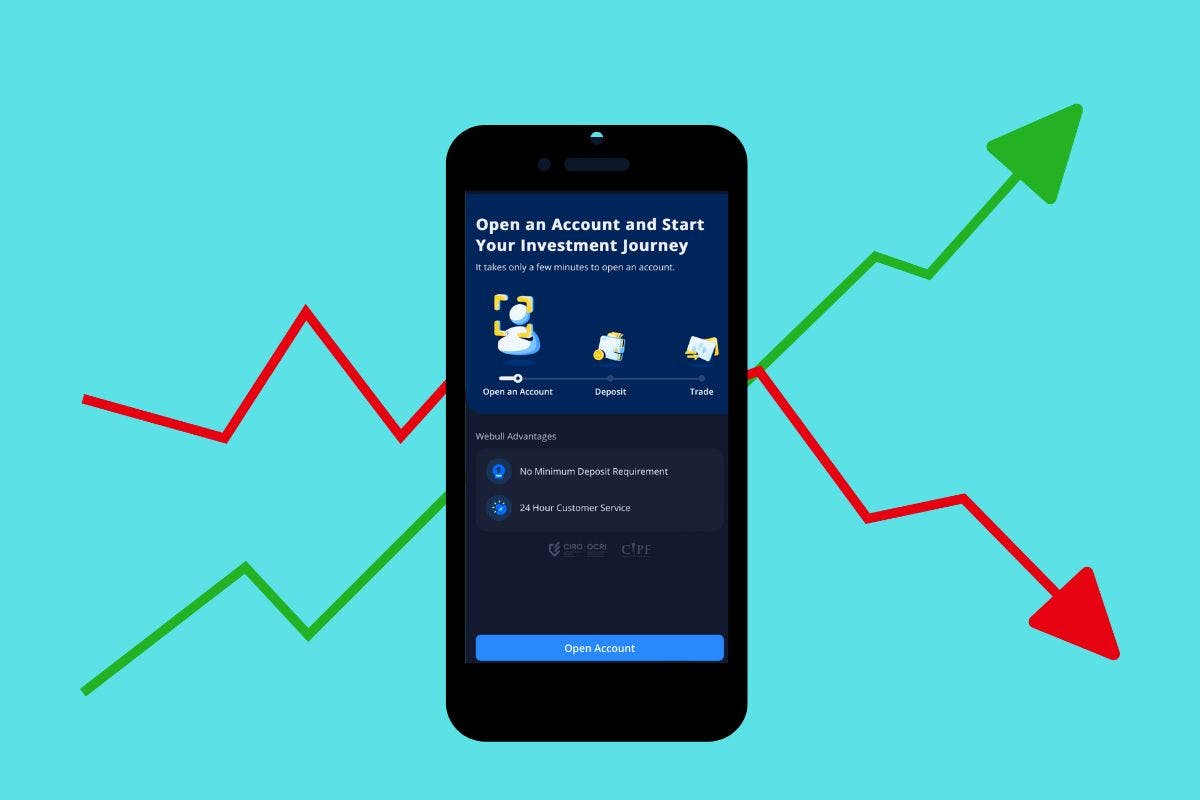Investing
If you’re interested in investing in the Canadian stock market, or looking to open an account with an online broker or a robo-advisor, you’ve come to the right place.
Popular articles about investing

The 10 Best Online Brokers in Canada
Heidi Unrau - 19 Dec 2023

The 6 Best Robo-Advisors in Canada
Émilie J.Talbot - 13 Dec 2023

How to Invest in Gold in Canada
Enguerrand Sueur - 05 Jan 2024

Wealthsimple Trade: Pros and Cons
Dominique Lamy - 19 Apr 2023

Free Trading: The 5 Best Zero-Commission Brokers in Canada
Heidi Unrau - 07 Nov 2023

Dividend Stocks: Is it Better to Own Them in a TFSA or an RRSP
Aditya Raghunath - 20 Jul 2023

A Beginner’s Guide on How to Invest in Canada
Arthur Dubois - 26 Jul 2023

How to Use the RRSP to Save on Taxes and Retire Rich
Rachid Fouadi - 17 Apr 2024
Frequently asked questions about investing
What is the best trading platform in Canada?
The best trading platform in Canada is highly subjective and contingent on your unique needs, profile, and goals as an investor. Different trading platforms offer different benefits and pricing structures to their users. For example, one trading platform may favour high-volume traders while another might be the best fit for someone who is generally looking to pursue a passive investing strategy. To help you make the best decision for yourself, we have compiled a brokerage comparison tool that you can reference and use to benchmark the different merits important to you.
























